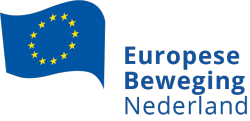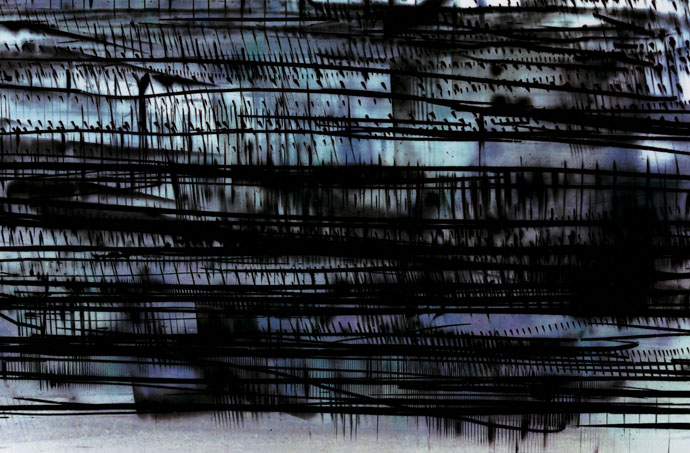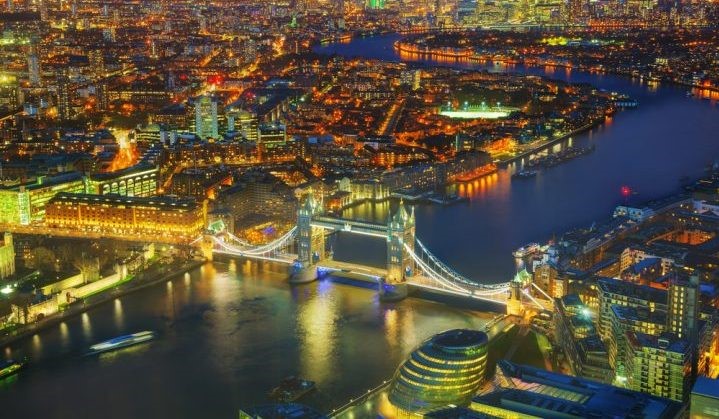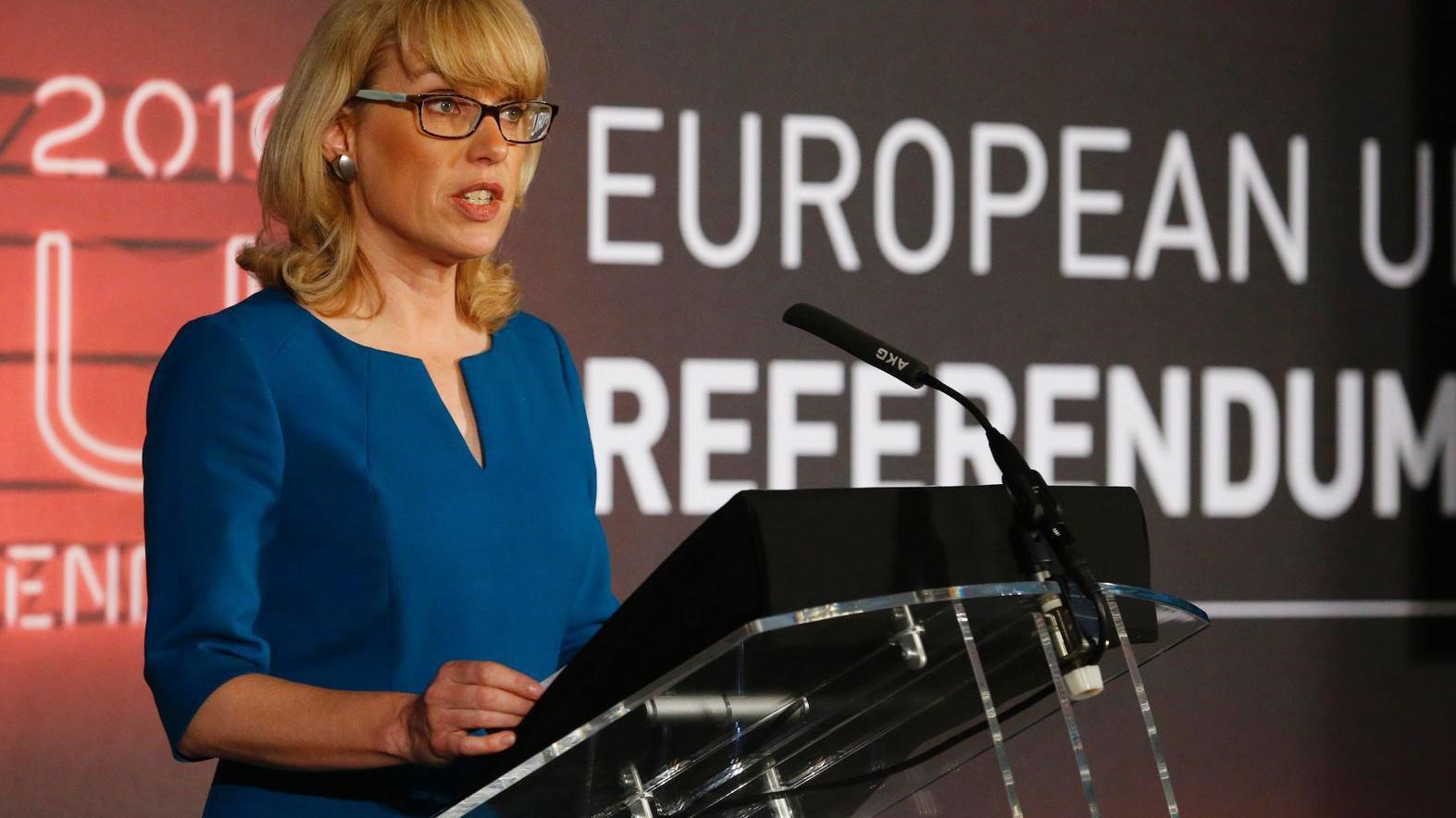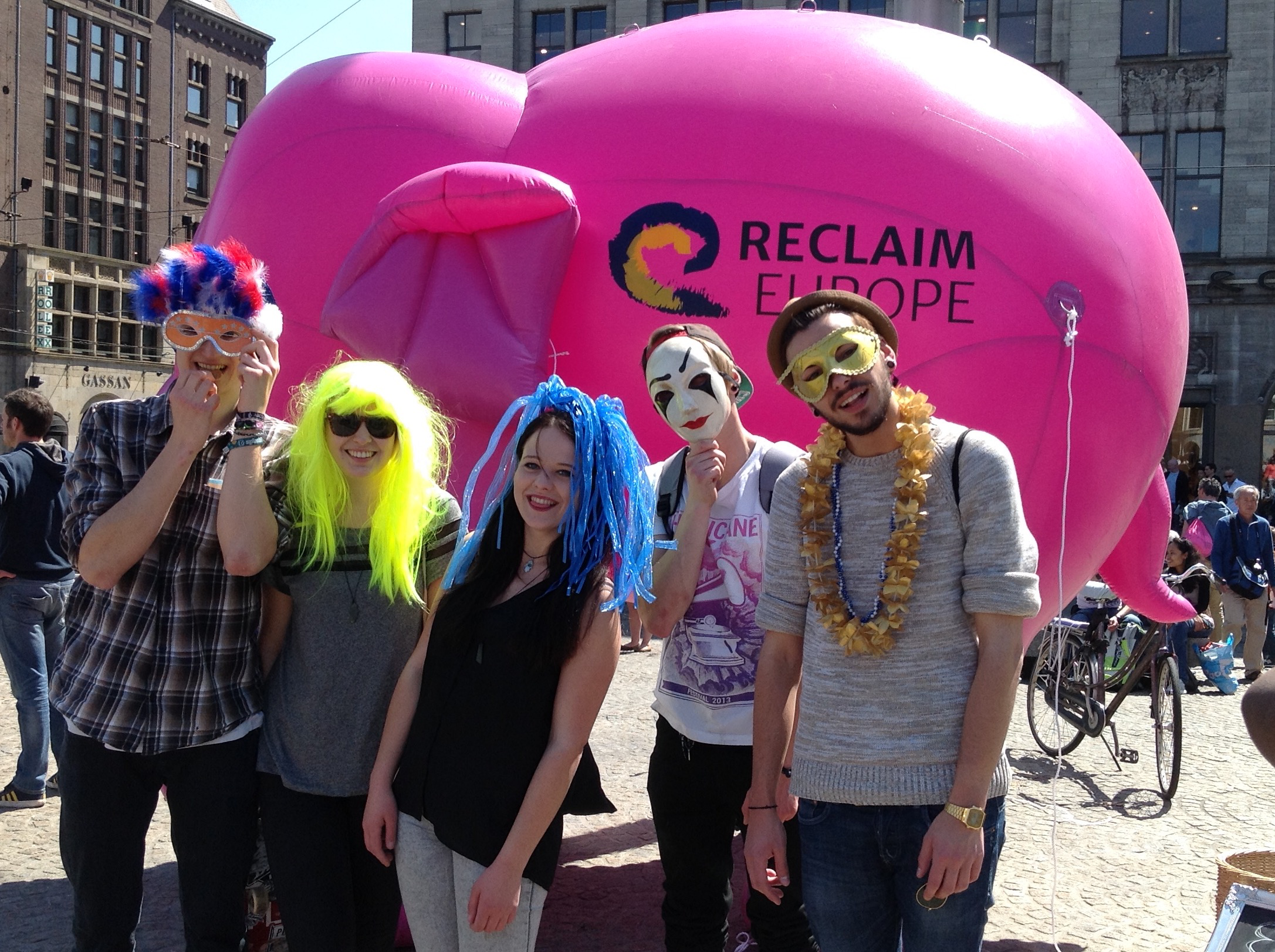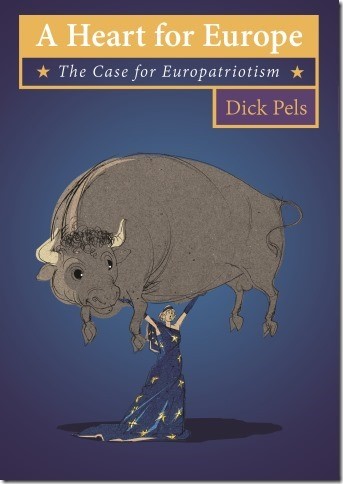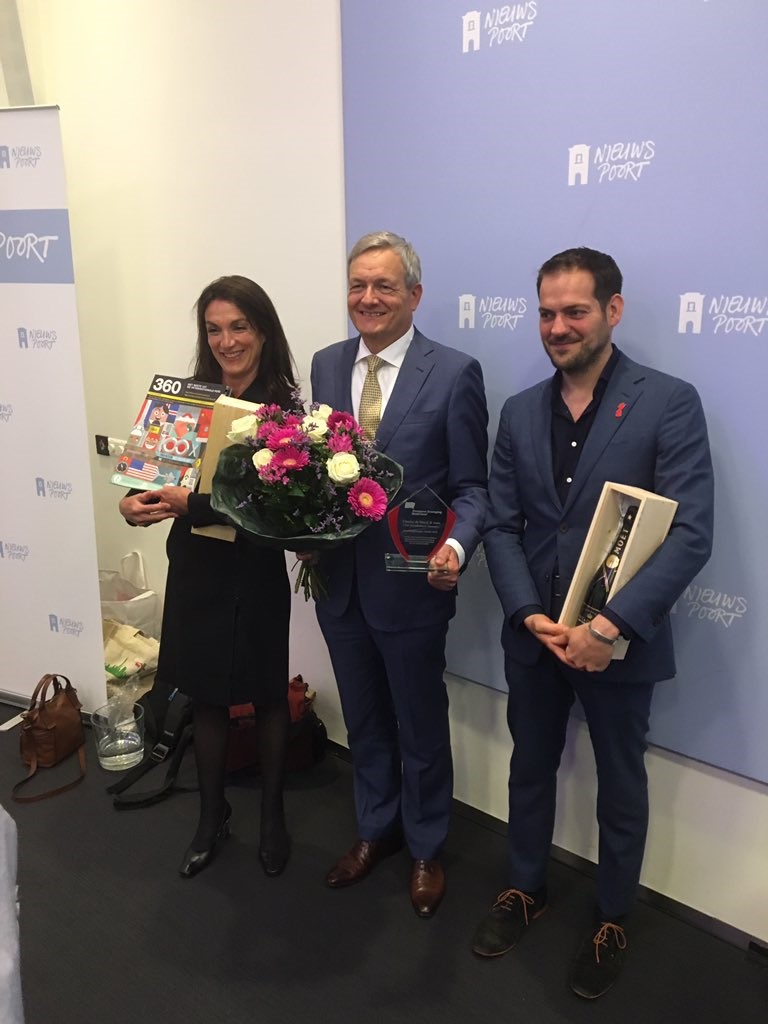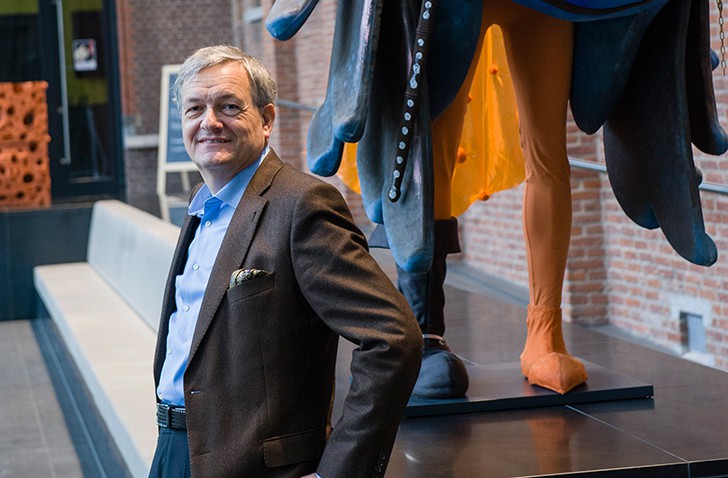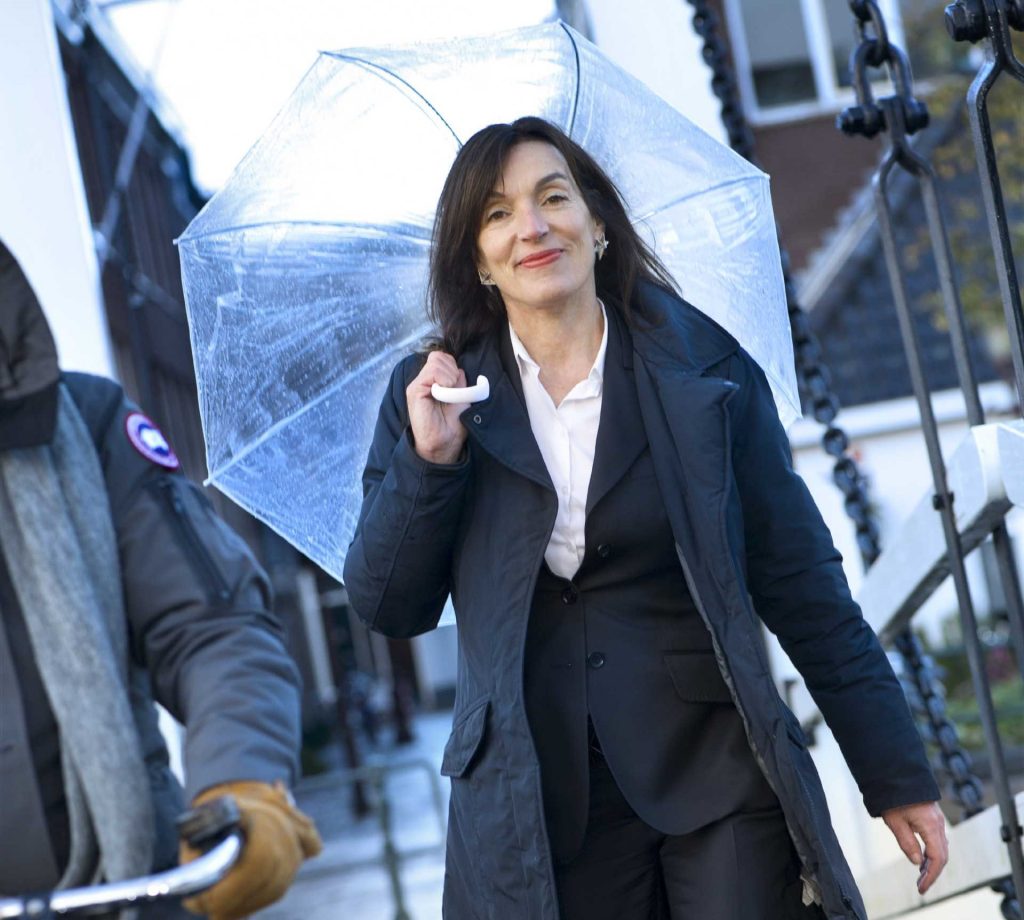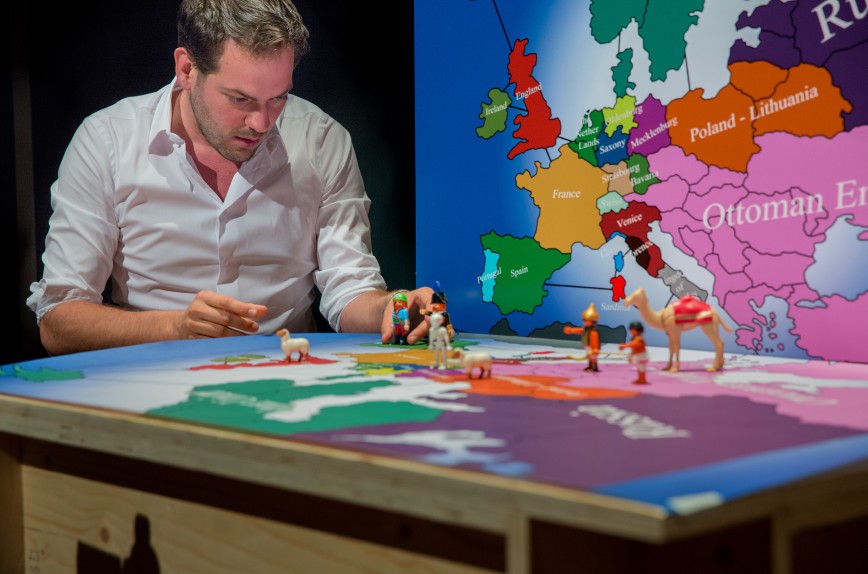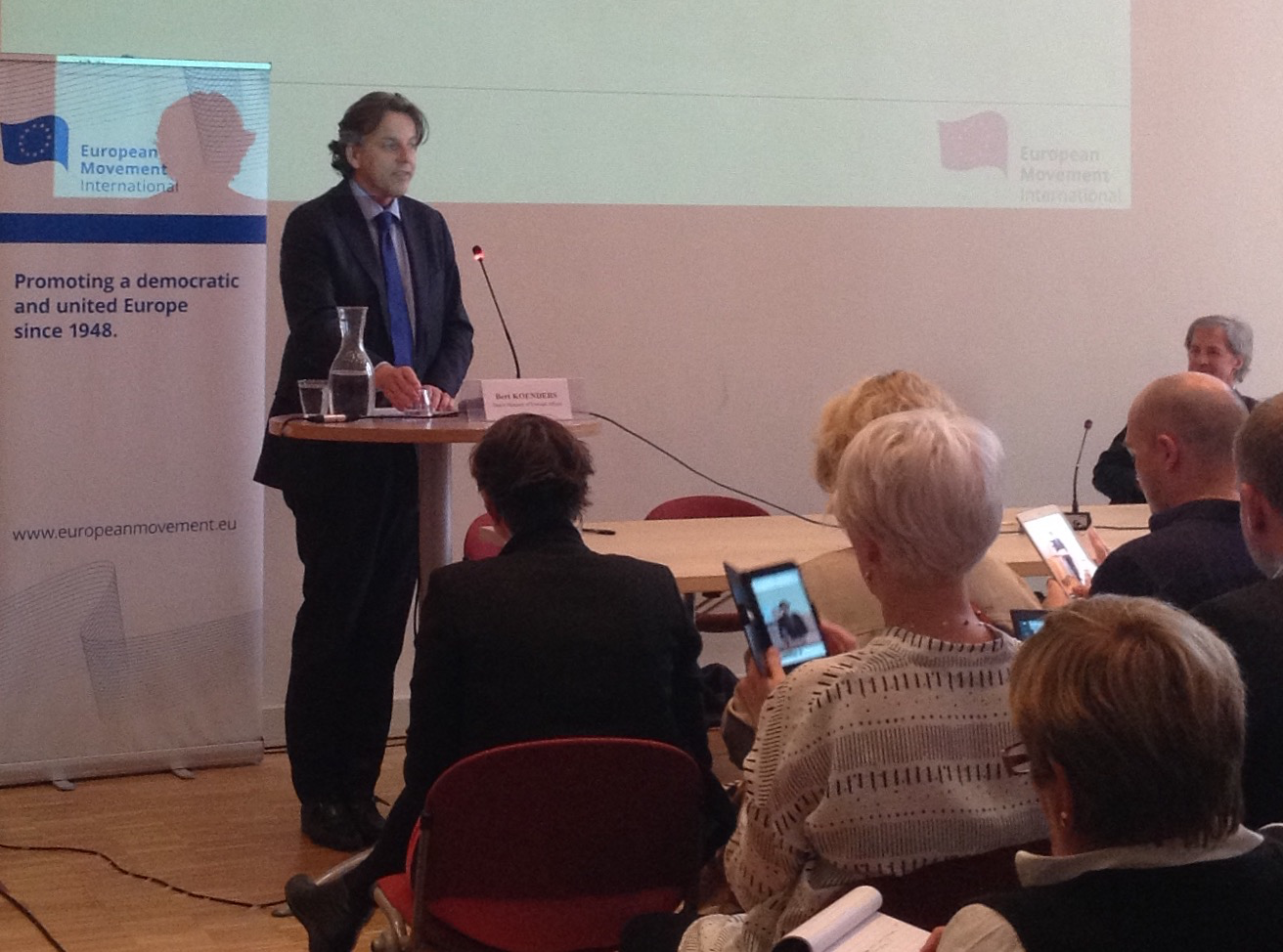A game involving trillions of pounds is unfolding under the eyes of us, stunned citizens. The game is seemingly without rules. ‘Uncharted territory’ is what you hear the pundits reiterate. But if you take a few steps back, the logic of what unfolds is not so impenetrable nor are the rules of what is being played out. The question is: Can we still turn this game of tragic unravelling around?
Globalization
Starting point is a world in which globalizing forces drive people towards new opportunities but also into huge uncertainties. The pace of life has increased, capital is global and moves around at the speed of light. The economy with its many new technological innovations holds promise for some, but bypasses others and also poses a range of genuine threats. For one thing, it causes a general decline in availability of paid labour, which especially affects people whose skill sets have been restricted to the types of labour that are no longer required.
Our culture is speedy, consumerist, ephemeral. Through a relentless bombardement of images in our 24/7 media the good life, success, selfworth are constantly being defined and redefined, frequently by commercial parties, in pervasive, often subliminal fashions.
In real economic terms, we see mounting inequitalities between groups of people, across many faultlines, globally and closer to home: the Dhaka slumdweller versus the Paris resident; the city of London versus the backstreets of Hull; the settled middle-aged versus the aspiring young jobless. These are real inequities. Economically and culturally, many people experience the pressures of competition and constant comparison: ‘Do I still count for something in this turbulent world’. Psychologically, it leaves many people feeling powerless, rendered redundant, literally or metaphorically.
It should be no surprise that in such an environment slogans like ‘I will get my country back’, or ‘We will regain control of our own destiny’ resonate deeply. It should also be no wonder that people use scapegoats, as ‘projection screens’ to express their fundamental dissatisfaction and frustration: Westminster, Brussels, Foreigners, the migrant next-door ‘who has taken my job and does not speak my language’.
Connection/Disconnection
Much of the turbulence we currently witness in the UK is just an eruption of what is brewing all around the globe, everywhere. It is linked to the chaos in the deeper senses of connectedness and disconnection which people experience. Humans are social animals. Physiologically we depend on each other; psychologically we do too. Many people currently wonder ‘where they belong’.
However, the indispensable, calmer reflection on how we do or do not connect, and how we should connect, is hard to come by in the tweeting world of hyped-up communication.
This lack of reflection pertains to the nature of both our connectedness and the disconnections that exist around us.
We have by no means reflected enough on the way in which we relate as people in our modern world, on our interconnectedness. ‘Connectivity’ is evoked a lot as a slogan, but its fair description is still poorly developed. Connections are being forged in millions of different ways, often without the large majority of us being aware of how closely knit some ties between us are. What strikes me the most in the aftermath of the Brexit vote is how many stories are now surfacing about ways in which people connect to something ‘European’ without giving it this name.
Our tightly woven social fabric is full of such connections-without-names, connections we take for granted until a bomb is dropped on them and relations start to unravel.
Similary, our painful points of disconnect and disaffection have been neglected for too long. The current Brexit chaos is just one expression of what this may lead to. We should have learned from the lesson of history that it is unwise to ignore systematically the fate of a large number of people who perceive current economic or social systems as not benefiting them or feel otherwise disenfranchised.
Manipulating these deeper feelings of disenfranchisement – as a growing number of politicians do – obliges one to be careful. Politicians should not tinker cluelessly with such deeper dissatisfactions. Once deeper anger is unleashed and not channeled it is a few steps to violence, war, outright destruction. I fear this is what we may be witnessing soon in the Brexit aftermath and could be witnessing in many other regions of Europe and around the world.
The grim irony of a Brexit without any proper steering, and of many comparable situations in our recent past, is that the economic pressures which lie at the root of much of the unrest will only mount. The initial euphoria around ‘taking control’ will rapidly turn sour, since the self-appointed leaders will not really address the deeper disconnectedness which has driven much of the protest votes. A huge price will be paid, which will be borne first and foremost by those who cried out.
Grandstanding
In a human-all-too-human way the immediate aftermath of the Brexit vote is not hard to understand. Markets and currencies drop. Speculators seek their chances. The multiple pre-existing tensions in the political classes now come to a climactic eruption, with many people leaving the scene with slamming doors; a prime minister stepping down, an opposition leader under siege, media working after hours.
The EU-leaders gather in urgency meetings, discussing the scenarios -which had of course been prepared already to some extent by quiet civil servants in Brussels or the Auswartiges Amt in Berlin. They decide to let the markets do their work. They wish to send out a clear warning signal to anybody who may wish to copy the Brexit scenario. They let play out some of the effects so that it is clear that an EU-exit vote is not a trifle matter, and voting has consequences. They force the UK government to shape up, take a stand and refuse to negotiate informally until the formal procedure for an exit, the famous art. 50 of the Treaty of Lisbon, is being initiated. The official line for the first 72 hours is: Out is out.
All this is, of course, only a first move. The reality is, that unravelling all the relationships of 40 years of UK membership, plus the calculations around all the numerous connections which the UK has with the EU economy constitutes a gigantic task. Europe and the UK need each other for a flourishing internal market, they need each other to deal with the rest of the world, they need each other for a cultural dialectic in the European arena, they need each other’s differences. There are a hundred million lager and small connections between the British Isles and the continent, a fraction of which is now finally being made visual by our media.
So while unraveling may give an army of constitutional and business lawyers work for decades, the economic and social realities will not allow for much patience with the huge (opportunity) costs that this may incur.
The various ‘models’ for ‘new’ relationships with the UK are now being held up for scrutiny. Could a Norwegian, Swiss, Icelandic model of striking new deals apply? What would they involve in practice? Legal and policy think tanks turn out paper after paper on the pros and cons of various scenarios. While on the streets of Hull, all people will notice is the threat of a recession and nobody really returning to them, now the campaign is over. This is just one of the other guillotine moments in history. Unless we break the deadlock.
Citzens’ appeal: could we change things around?
The grim irony is that very few of the Brexit voters will have a clue as to what happens next. The justified claim of people to have more sense of control over one’s destiny has once again be made a travesty.
The fate of people in Hull will be decided by the markets, like before. The decisive deliberations will move into the rooms of the politicians and the financial, economic, political experts, the same experts who were so vilified by the Brexit campaign, like before. People will not see much of their politicians, who will be too busy for a while with sorting out their own politicial futures. Like before.
And when things calm down, the outcome of countless deliberations in these specialized circles may become that 80 percent or more of what the current relationships between the UK and the EU are will just continue to exist, now within special treaties.
But at what price in the short and middle term? Paid by whom?
What is ultimately the most painful is that all the time and effort that will now go into ‘unravelling’ will not be used for the urgent construction of genuine alternatives for the deeper human and social disconnectedness that lies at the root of things. Huge chaos will drain all energy to damage control rather than to real engagement with the deeper transitions in our world that cause the unrest.
In light of these considerations, it may be wiser for all of us to take a very deep breath now and move to sensible, calmer discussions about more creative ways out of this quagmire. Could we?
Dr. Godelieve van Heteren, Erasmus University Rotterdam
EBN
(Former MP Dutch Labour Party and chair European Affairs Standing committee in the Dutch Parliament during the time of the Dutch 2005 EU referendum)
